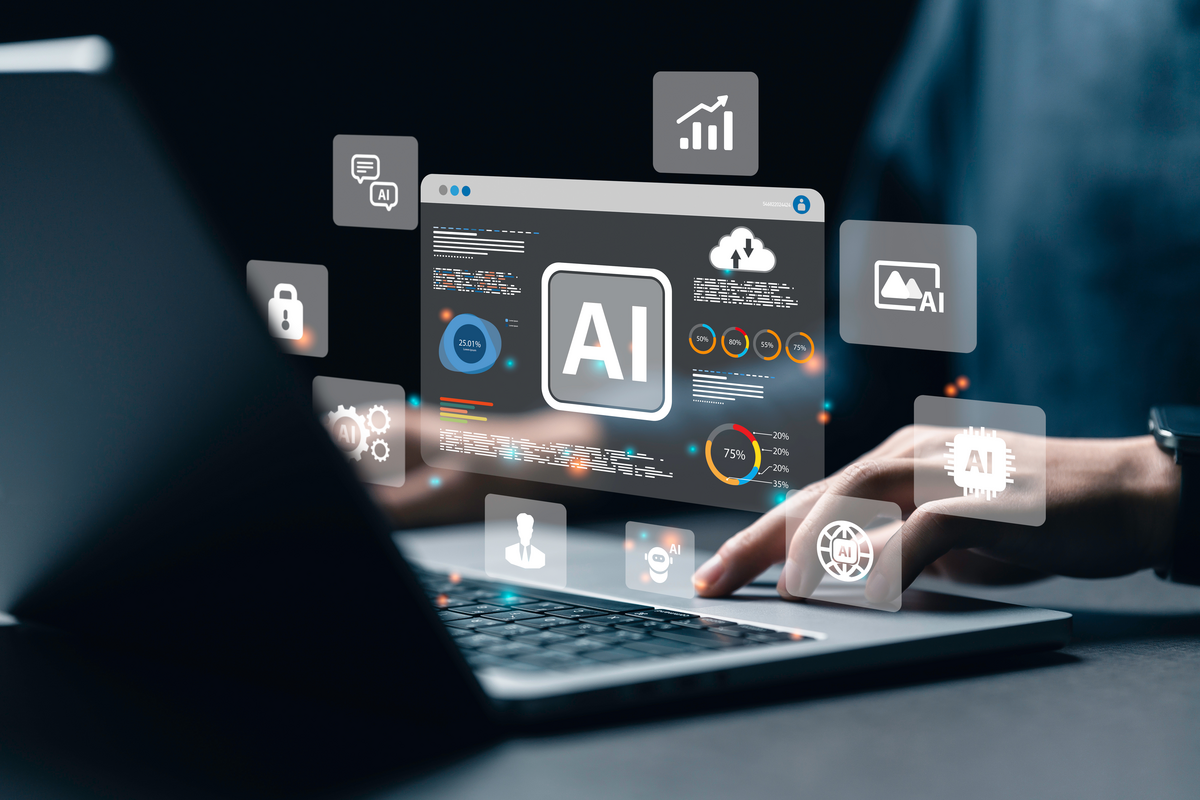Berkshire Hathaway owns dozens of companies in its massive $370 billion public equities portfolio. But there's one that stands out above the rest.
I'm talking about Apple (AAPL +0.19%). The iPhone maker represents a whopping 42% of the Warren Buffett-led conglomerate's holdings. This certainly means that there are individual investors out there who are considering buying the FAANG stock.
While Apple has worked out as a fantastic investment in the past several years, it isn't without a key downside factor that you should know about before rushing to buy shares. With that being said, here's the biggest bear case for this top Buffett stock.
Don't overpay for stocks
The Oracle of Omaha first purchased Apple shares during the first quarter of 2016. From the start of that year to March 25, the stock has soared 552%. This gain easily trounces the broader Nasdaq Composite index.
Consequently, Apple shares are expensive. They trade at a price-to-earnings (P/E) ratio of 26.7 right now. That's a significant premium to the stock's trailing-10-year average of 21.1.
The current valuation is about 150% more expensive from a P/E perspective than when Buffett bought the stock in the first quarter of 2016. He correctly identified a mispricing opportunity by the market and took full advantage of it. Today, Apple stock is fully appreciated by investors, leaving minimal margin of safety.
It's very easy to blindly follow a legendary investor like Buffett, buying the stocks that Berkshire owns. But it's always a good idea to think independently about a particular business.
After Apple's huge price appreciation over the years, and now as it sits at an expensive valuation, investors need to question the probability of achieving market-beating returns over the next five to 10 years. If you believe Apple can't outperform the indexes, then why own it?

NASDAQ: AAPL
Key Data Points
Dependent on the iPhone
To be clear, I'm in the camp that believes the stock won't beat the Nasdaq Composite over the next decade. The main reason why I feel this way is due to Apple's poor growth trends. Revenue declined slightly in fiscal 2023, only to rise by 2.1% in the latest quarter (Q1 2024, ended Dec. 30).
To be fair, many businesses are experiencing softer demand due to weaker consumer discretionary spending. That's understandable. Attention, then, should be turned to the longer term. Can Apple post strong top-line growth over the next several years? I think sales prospects are certainly weaker now than they were when Buffett first took a stake in the business.
Apple is still overly reliant on the iPhone. This is arguably the single greatest product introduction in corporate history, and it has turned this company into a global technological and cultural icon. But currently on its 15th edition, the iPhone is in a very mature stage of its lifecycle. Upgrades these days aren't as revolutionary as they were years ago. This encourages consumers to delay buying the newest version, which is definitely not what Apple wants.
Indeed, Wall Street analysts believe revenue and earnings per share will rise at compound annual rates of 4.4% and 8.3%, respectively, between fiscal 2023 and fiscal 2026. In my opinion, that doesn't justify paying a historically steep valuation multiple.
Of course, should the market continue to reward Apple with a high P/E ratio, then investors will be happy. But this is based purely on market sentiment, instead of fundamentals, so it's impossible to predict. Based on the facts, though, the odds of outsize returns going forward look to be slim.
Unless Apple can find some way to supercharge its growth, that P/E multiple will likely gradually revert to its long-run average. Investors should avoid buying the stock right now.





